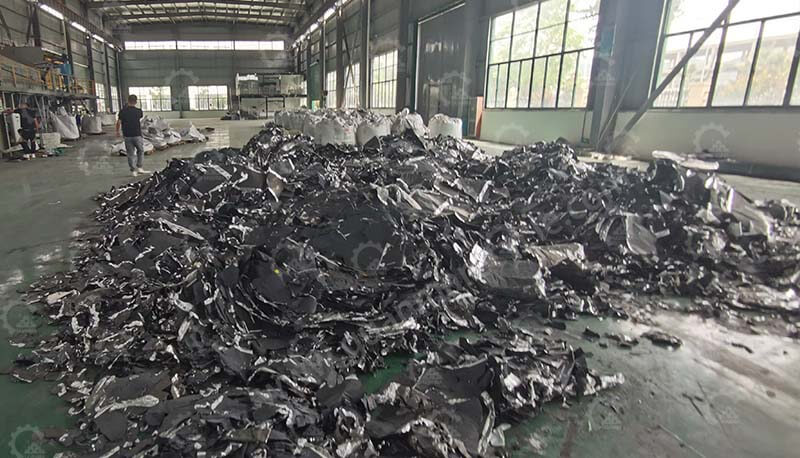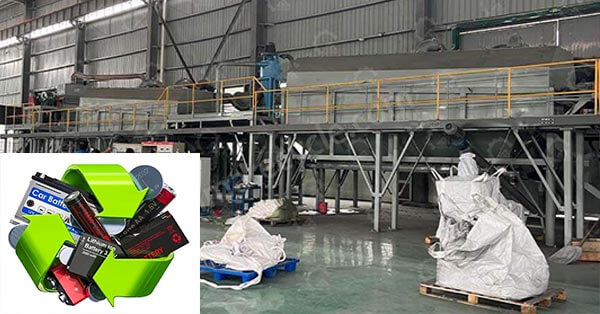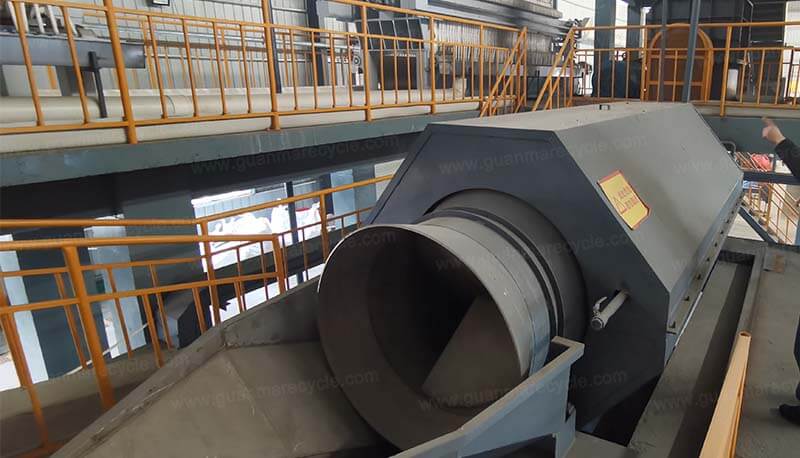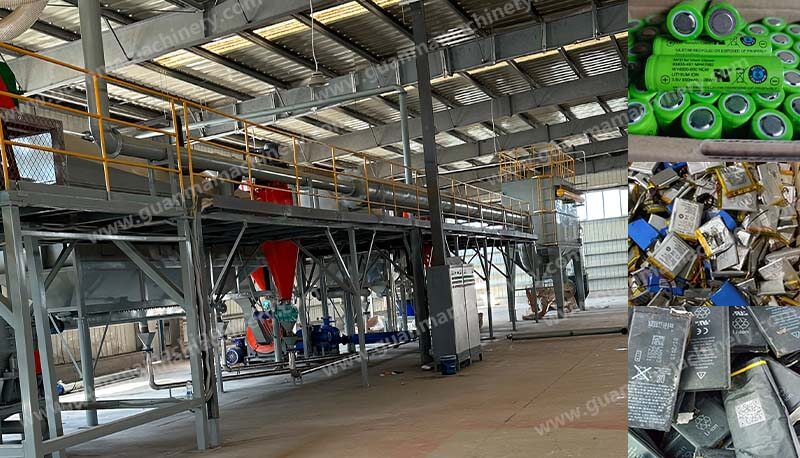When considering setting up a lithium-ion battery recycling plant in India, understanding the key factors influencing costs is essential. Here’s a comprehensive analysis to help potential investors make informed decisions.
Initial investment, operating expenses, and regulatory compliance are crucial aspects to evaluate when estimating the cost of establishing a lithium-ion battery recycling equipment in India.
Lithium-Ion Battery Recycling Machine Initial Investment:

The primary expenses include acquiring land, constructing the facility, purchasing machinery and equipment, and setting up infrastructure for waste collection and processing. Additionally, investment in research and development to optimize recycling processes and ensure compliance with environmental standards is essential.
Operating Expenses: Operating expenses encompass labor costs, raw material procurement, energy consumption, maintenance, and waste disposal. Skilled labor is necessary for operating sophisticated recycling machinery and managing the chemical processes involved. Furthermore, securing a consistent supply of lithium-ion batteries for recycling is crucial for maintaining operations.
Regulatory Compliance: Compliance with environmental regulations and safety standards is paramount in the battery recycling industry. This involves obtaining permits, implementing pollution control measures, and adhering to waste management protocols. Investing in advanced technologies for waste treatment and emission control may incur additional expenses but is essential for long-term sustainability and regulatory compliance.
Market Analysis: Conducting a thorough market analysis is vital to assess the demand for recycled battery materials, competition, and pricing trends. Identifying potential customers, such as manufacturers of lithium-ion batteries and electric vehicles, is crucial for establishing partnerships and securing off-take agreements, which can mitigate investment risks and ensure a steady revenue stream.
Setting up a lithium-ion battery recycling plant in India requires a substantial initial investment, diligent planning, and adherence to regulatory requirements. However, with the increasing demand for sustainable battery recycling solutions and government initiatives to promote clean energy technologies, the investment offers significant potential for growth and profitability in the long run.
By conducting a comprehensive cost analysis and leveraging technological advancements, investors can capitalize on the opportunities presented by the burgeoning lithium-ion battery recycling market in India.



